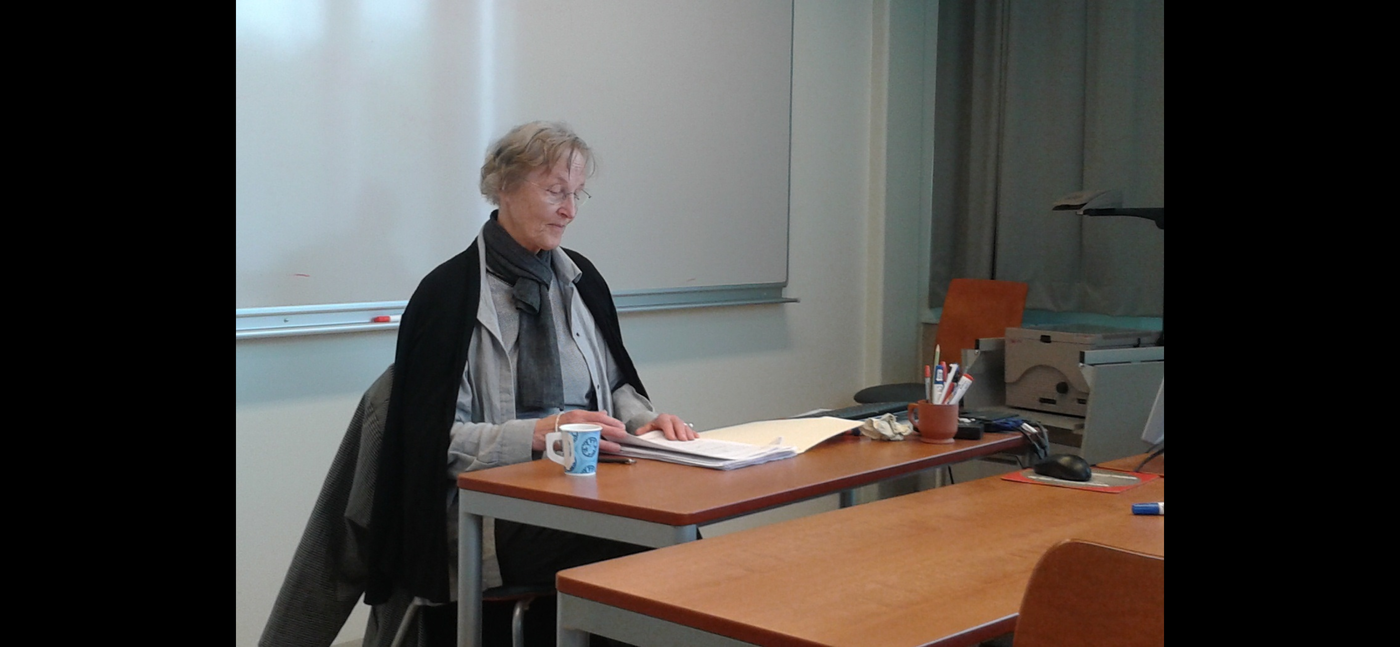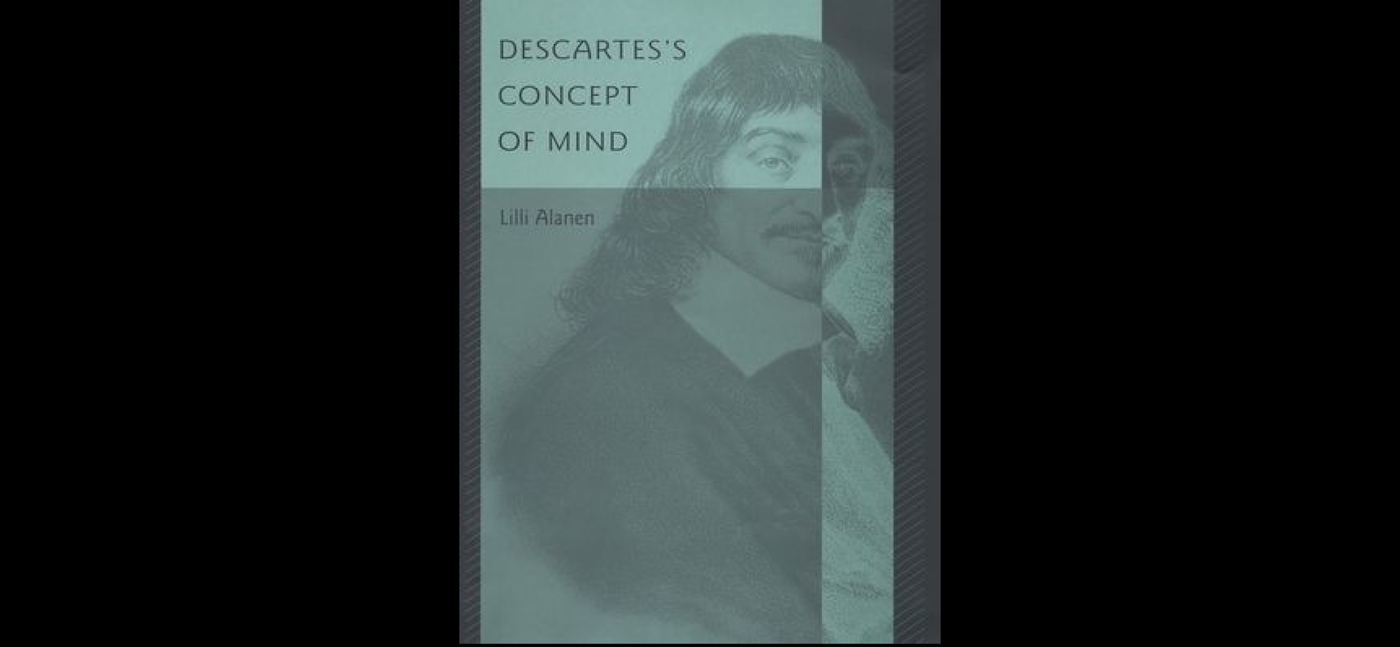The voices of women philosophers were not integrated into Anglophone and Nordic universities until very recently. Cambridge University was founded in 1209, but only hired the first woman to a philosophy professorship—Susan Stebbing—in 1933. Stebbing was the first woman to hold such a position in all of Britain; shockingly, women were not even eligible to receive degrees from Cambridge until 1948, 15 years after her appointment. Uppsala University, the institution where the late Finnish philosopher Lilli Alanen became the first woman professor of philosophy in Sweden, was founded in 1477. Nevertheless, the university waited over 500 years to include women in the highest ranks of its philosophy faculty: Alanen’s professorship was granted in 1997.
Women were excluded from practicing academic philosophy as professors in Anglophone and Nordic universities for so long that the history of the late 20th and early 21st century features a number of ‘firsts’ for women philosophers. For this reason, feminist historians of philosophy should pay keen attention to recent figures and events. In 1987, Adrian Piper became the first Black woman tenured in philosophy in the United States. In 1994, Hjørdis Nerheim became the first woman to hold a professorship in philosophy in the Nordic region when she took a job at the University of Tromsø, the Arctic University of Norway. In 1999, Rae Langton was the first woman granted a professorship in philosophy at the University of Edinburgh. She was Professor of Moral Philosophy, a position formerly denied to David Hume. In 2019, Amia Srinivasan became the first woman, the first person of color and the youngest person ever appointed as Chichele Professor of Social and Political Theory at the University of Oxford.

Lilli Alanen was one of the excellent women at Anglophone and Nordic universities who have recently broken barriers in academic philosophy.
Alanen’s philosophical work is noteworthy for her defense of Descartes and Cartesianism. Her arguments defend Descartes from criticisms made by Daniel Dennett, Gilbert Ryle and others (See Quassim Cassam 2007 “Contemporary Reactions to Descartes’s Philosophy of Mind” A Companion to Descartes Hoboken: Wiley-Blackwell). Of Descartes’s aforementioned critics, Alanen addresses Ryle most forcefully, writing her 2003 book Descartes’s Concept of Mind in response to Ryle’s 1949 book The Concept of Mind.
In 20th century philosophy of mind, Cartesianism (alternatively called the Cartesian Theater, Ghost in the Machine, Cartesian Myth, etc.) was frequently interpreted to mean a coarse-grained, mind-body substance dualism. The common objection to Cartesianism was that in such a theory, mind and body are two different entities, distinct from one another. Alanen challenges this objection by defending the then controversial thesis that Descartes is not a mind-body dualist. Using passages from his correspondence with Elisabeth of Bohemia, Alanen argues that for Descartes, humans are by nature unified in mind and body. Mind-body union, thought and extension are the three primary notions shaping Cartesian human nature, on Alanen’s reading.
By centering the notion of mind-body union in a Cartesian anthropology, Alanen corrects scientistic interpretations of Descartes that reduce all human inquiry to scientific knowledge. She writes,
[Descartes’s] doctrine of three primary notions can be welcomed as a healthy admission of the inability of metaphysics and physical sciences to account for everything we experience and have to deal with, and thereby also as a recognition of the role and value of other equally important domains of properly human experience.

A ‘healthy admission’ of the limits of science takes pressure off Descartes’s theory to explain how and where, precisely, mind and body interact, and if introspection can be corroborated by science, as Dennett questions (Daniel Dennett and Marcel Kinsbourne 1992 “Time and the Observer: The Where and When of Consciousness in the Brain” Behavioral and Brain Sciences).
Lilli Alanen gives a deflationary, common sense reading of Descartes that, ironically, accords with Gilbert Ryle’s ordinary language approach to philosophy. Since, on Alanen’s reading, humans are by nature unified in body and mind, Descartes’s concept of mind cannot be dismissed as a category mistake, as it is in Ryle’s critique. Ryle thinks the Cartesian mind generates thoughts and mysteries opaque to ourselves, other people and scientific inquiry. Alanen, in turn, contends that those so-called mysteries are insights—sometimes instinctual, subterranean, nonverbal—that the embodied mind possesses in service of our human well-being (Lilli Alanen 2003 Descartes’s Concept of Mind Cambridge: Harvard University Press, 68). By the same token, when our thoughts confuse us and feel dangerously inchoate, without a clear intellectual shape, we should elucidate and communicate them to others using domains of experience outside of, but equally important to, science: poetry, friendship, and more.
Lilli Alanen’s work shows that the common objection against Cartesianism in 20th century philosophy of mind stems from counterintuitive interpretations, not the letter of Descartes’s theory. Throughout her career, Alanen wrote over 50 philosophical articles, in English, Finnish, Swedish and French. Her scholarship continues to impact philosophical circles at the Anglophone and Nordic universities from which women were long excluded.
Mary Peterson is a PhD student in philosophy at the University of Hamburg. Previously, she studied at the New School (BA) and the University of Edinburgh (MSc). Her doctoral dissertation explores ideas of will in Baruch Spinoza’s philosophy. Mary is affiliated with the New Historia and New Voices on Women in the History of Philosophy.